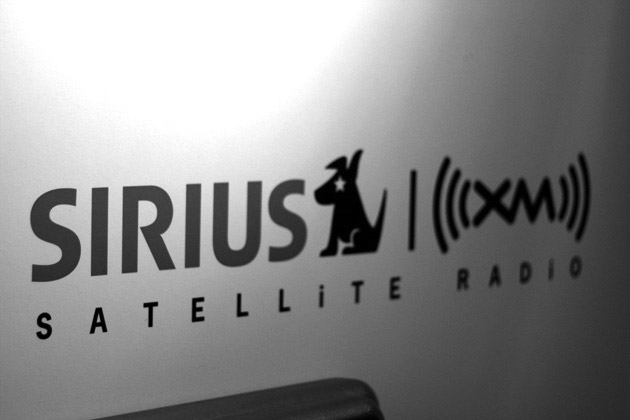
You’d be hard-pressed to find someone who’s bullish on Sirius XM. Yes, the company’s upcoming iPhone application should better position it for of mobile, always-on audio entertainment future, but that may not even be enough if the company doesn’t get its act together. (Assuming you don’t subscribe to Sirius XM for shows like Howard Stern and Opie and Anthony, there’s so many free alternatives for streaming music nowadays that a $15 subscription fee may be hard for some folks to justify in this economic environment.) But the company’s founder? Yeah, she doesn’t think the company will do too well in The Future.
It’s basically a problem of services. If you put aside its exclusive content—talk shows like Stern and Opie and Anthony, in-depth sports coverage, etc.—all you’re left with is music. And music is everywhere these days, thanks to the Internet. You’ve got Imeem, YouTube, Rhapsody, iTunes, Spottify, illegal sources, etc. Music is a commodity, so to sell it as some sort of special thing or whatever, it won’t work anymore.
Another thing to keep in mind, is that we’re really talking about the future, a time when everyone has smartphones with reliable 3G or faster connections—anyone who attended SXSWi this week will tell you how terrible AT&T was down in Austin. Why, I’m currently a little more than an hour north of NYC, and my BlackBerry can’t even tap into the EDGE network; it’s GPRS all the way for me. There’s no way you can stream high-quality music on such a slow connection.
I don’t know, without its exclusives, Sirius XM doesn’t look so great. And in order to add and keep subscribers, Sirius XM needs to spend money, lots of it, to secure those exclusives. It’s not the best position to be in, that’s for sure.